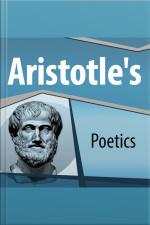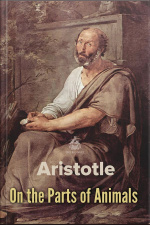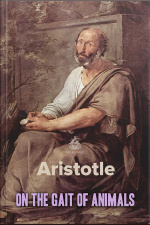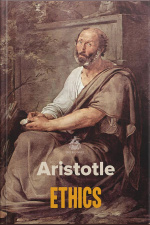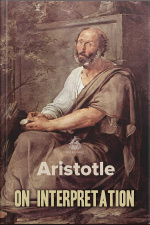Metaphysics is a foundational examination of reality, existence, and being, forming the cornerstone of Western philosophical thought. Aristotle systematically investigates the...
Aristotle's Poetics is best known for its definitions and analyses of tragedy and comedy, but it also applies to truth and beauty as they are manifested in the other arts. In our...
Our treatise proposes to find a line of inquiry whereby we shall be able to reason from opinions that are generally accepted about every problem propounded to us, and also shall...
All instruction given or received by way of argument proceeds from pre-existent knowledge. This becomes evident upon a survey of all the species of such instruction. The...
Every systematic science, the humblest and the noblest alike, seems to admit of two distinct kinds of proficiency; one of which may be properly called scientific knowledge of the...
We have now to consider the parts which are useful to animals for movement in place (locomotion); first, why each part is such as it is and to what end they possess them; and...
The Ethics of Aristotle is one half of a single treatise of which his Politics is the other half. Both deal with one and the same subject. This subject is what Aristotle calls in...
On Interpretation is among the earliest surviving philosophical works in the Western tradition to deal with the relationship between language and logic in a comprehensive,...
All men by nature desire to know. An indication of this is the delight we take in our senses; for even apart from their usefulness they are loved for themselves; and above all...
Generally seen as a pioneering work of zoology, Aristotle frames his text by explaining that he is investigating the existing facts about animals. History of Animals is one of the...

